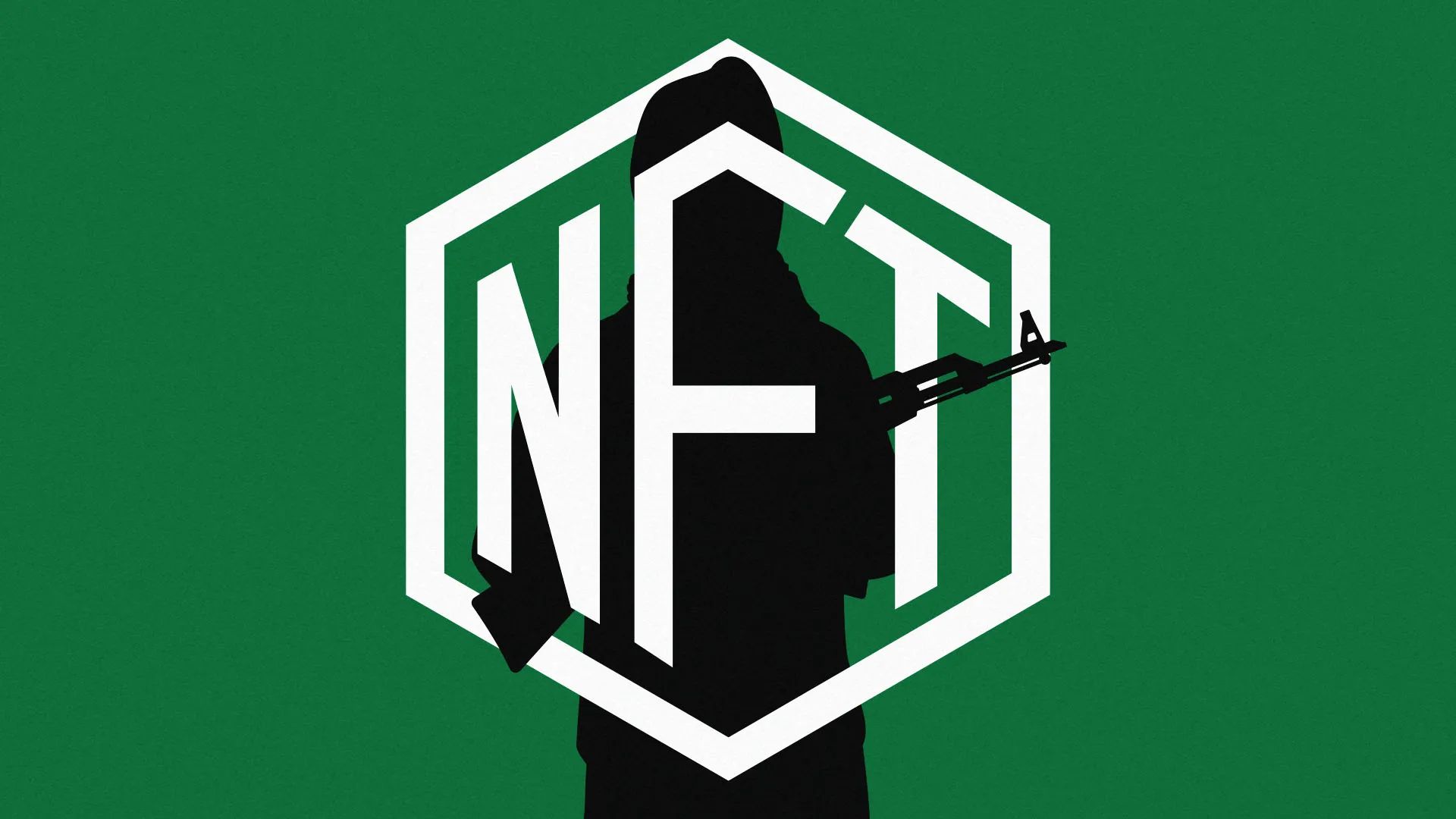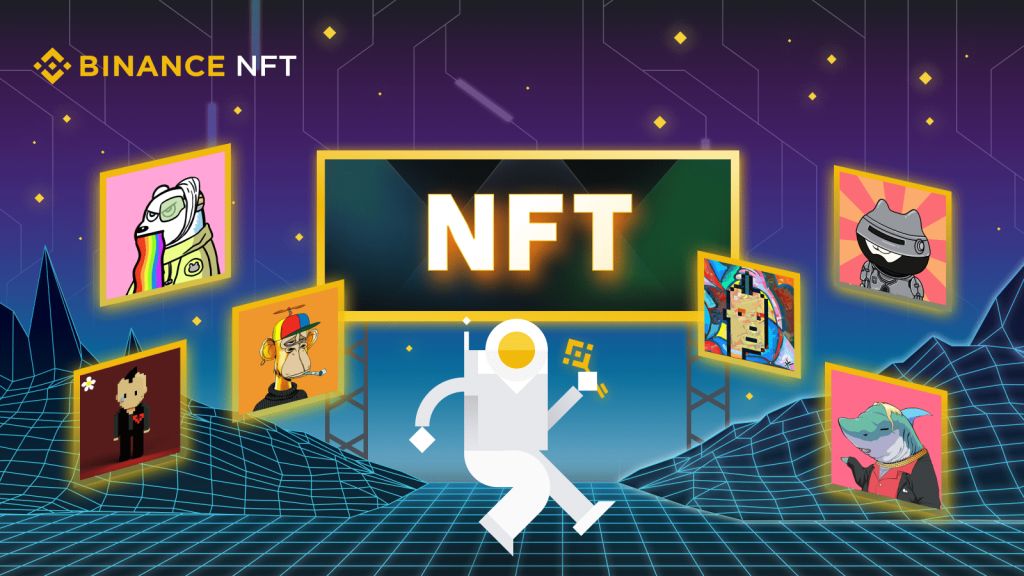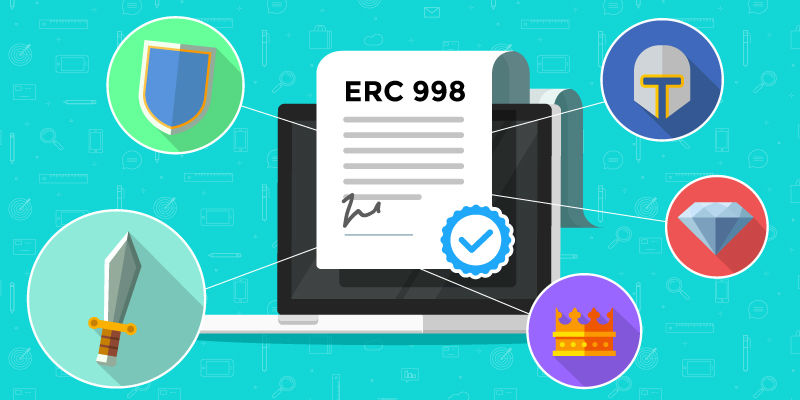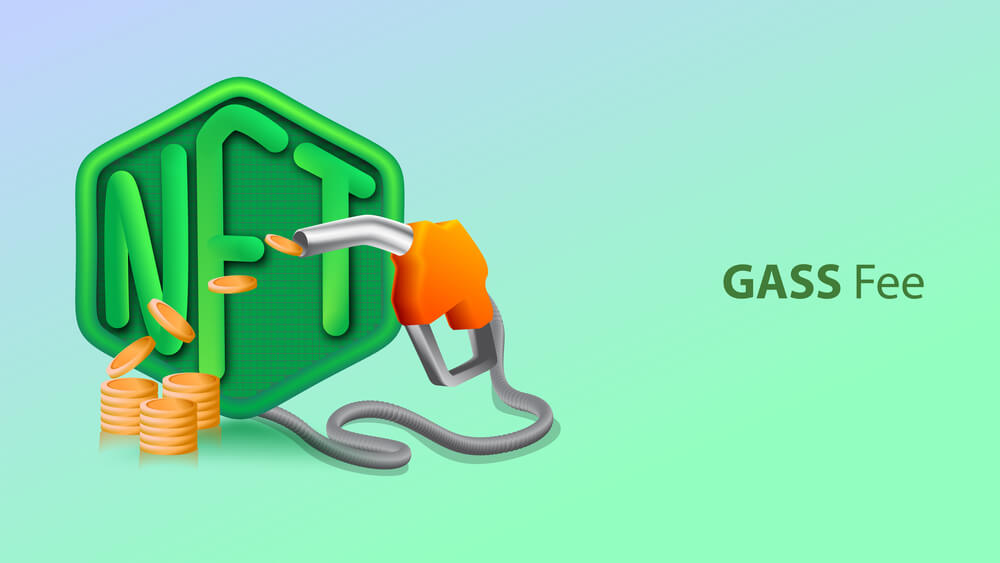Terrorism seems to be a major problem that is affecting governments and authorities around the world. After the fall of the ISIS group in 2017, many other terror groups in the region lost their huge funding source.
Since then, these groups are believed to have been using online propaganda and campaigns to push and support their fundraising efforts.
The rise of nonfungible tokens (NFTs) seems to have given the outlawed groups a lifeline. The appearance of an NFT praising Islamic militants for an attack on one mosque in Afghanistan has raised fears that NFTs might soon become a tool for terrorism financing. The co-founder of Jihadoscope, Raphael Gluck, noticed that the NFT through pro-ISI social media accounts was gaining market adoption.
The NFT developer published the digital collectable, IS-NEWS #01, on many NFT marketplaces with two other similar collectables. New reports state that it is the first of its kind. Nevertheless, former US intelligence officials are convinced that it means terror groups are testing NFTs for more use in terrorism financing.

Terrorism Financing In Recent Years
After the fall of the ISIS group in 2017, many other terror groups in the region lost their huge funding source. Since that time, the groups decided to start using online propaganda and campaigns to push their fundraising methods. Moreover, the West appears to have been proactive at closing most of these channels, partnering with social media platforms to take down posts that incite violence and hate.
The executive director at the Middle East Media Research Institute, Steven Stalinsky, mentioned:
“It is a fact that jihadi groups, led by ISIS and Al-Qaeda, have been using cryptocurrency for years.”
In August 2020, the Department of Justice (DOJ) tracked and managed to seize around 150 crypto accounts laundering money to the al-Qassam Brigades. In that context, earlier in March, Israeli authorities also took 30 cryptocurrency wallets from 12 exchange accounts that were believed to have links to Hamas.
With cryptos seeming unreliable, testing another method of financing was inevitable. One former economic and counterterrorism analyst at the Central Intelligence Agency (CIA), Yaya Fanusie, noted:
“It was only a matter of time.”
NFTs Are Immune To Censorship
While IS-NEWS #01 was tracked before going on sale, its existence on an immutable network makes it censorship-proof. The nonfungible token is available on IPFS, a network that stores and retrieves data across many nodes. In that context, data on the IPFS is mostly challenging to eliminate.
Mr. Mario Cosby of TRM Labs commented:
“There’s not really anything anyone can do to take this NFT down.”
Similarly, NFT market transactions can also be anonymous and private. Subsequently, authorities cannot track them as quickly and easily as cryptos. The only available solace might be that nonfungible tokens cannot become viral like social media posts. Nonetheless, it remains a considerable cause of worry since it can still reach a large number of people in case the NFT blockchain details are shared.





